Russia’s war on Ukraine shakes academia
Universities are reacting to the invasion in a range of ways, and some could affect the study of Russia and Ukraine for both scholars and students.
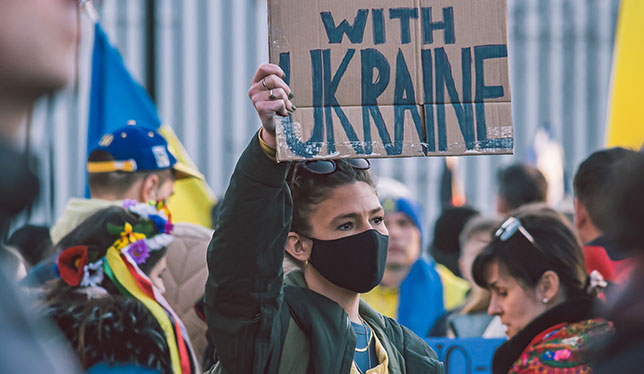
The Kremlin’s war on Ukraine has evoked such strong reaction in Canadian academia that scholars may remove the word “Russian” from at least one program title. That’s just one way the conflict is leaving a potentially permanent mark on the university sector. The fallout includes a surge of support for Ukrainian scholars fleeing the war; a rupture in collaboration between Canadian and Russian researchers; and changes in how Russian and Ukrainian history and literature are taught.
Maria Popova, a political science professor at McGill University, said the war has prompted “a deep debate” about course and research content, structure and titles that imply support for Russian imperialism or portrayal of Ukraine as inferior. “A lot of people working on Russia, Russian politics, literature, history, have not looked into Russian imperialism very much and have indeed perpetuated Russian imperialist positions in this field,” she said. “There has to be a decolonization of the field and that’s one of the things we’ll be dealing with.”
Impact on academic ties
Collaboration with Russian institutions and scholars has been shaken. Russians withdrew by droves from academic networks with Canada and other countries when President Vladimir Putin spoke on March 16 about “cleansing” Russia of “internal enemies” and decreed a sentence of up to 15 years for those who use the word “war” instead of “special military operation.”
McGill has ended a memorandum of understanding with a medical school in Russia, and Dr. Popova said other Canadian universities are examining their links to institutions there.
The federal government, meanwhile, has instructed its granting agencies to strictly prohibit research funding that could help President Putin’s regime. “Any collaboration on research projects that could support lethal or non-lethal aggression against Ukrainians will not be supported,” said a spokesman for Innovation, Science and Economic Development Canada.
Where to draw the line is an ongoing debate.
“There was pressure from some quarters to end co-operation with Russian institutions, and that’s something that I opposed very strongly,” said Randall Hansen, director of the Centre for European, Russian, and Eurasian Studies at the University of Toronto’s Munk School of Global Affairs and Public Policy.
The invasion has prompted Dr. Hansen’s centre to consider changing its name. He sits on the committee that’s expected to make that decision by this summer. While he would not share his opinion on the matter, he cited two reasons for refusing “a blanket ban” on ties with Russian institutions.
“The first is that it really indulges in collective guilt, that every Russian institution, regardless of the work they do, is guilty of the crimes of the regime – and that’s absurd,” he said. “The second one is you’re hurting precisely the sort of people who would be most critical of Putin and the regime. So, you’re not doing the Ukrainians any favour. You’re in fact doing Putin one.”
Outpouring of support
The invasion on Feb. 24 also caused an immediate outpouring of solidarity and financial support for Ukrainian scholars stranded in Canada, fleeing the war, or unable or unwilling to leave Ukraine.
The welcome mat was rolled out at campuses across the country. Université de Montréal plans to support 10 Ukrainian students who fled to Poland. Up to $1 million was announced at Western University’s Ivey Business School for 10 displaced Ukrainian students. The University of Alberta, home to the Canadian Institute for Ukrainian Studies, waived tuition fees for Ukrainian students and pledged $1 million to support them financially.
Viviana Fernandez, chair of Scholars at Risk Canada (SAR Canada), said by early April the New York-based global NGO had received 200 applications from Ukrainians and 200 from Russians for scholarship support. She could not predict how many would wind up in Canada but said the organization is “very encouraged” by an increase in universities – 29 in total now – that have joined SAR Canada to support scholars facing violence or persecution.
“The main impetus came with the crisis in Afghanistan,” she said, noting that an expected surge of scholars last summer galvanized university administrations and fundraisers. It’s easier for Ukrainians, she said, as Canadian visa restrictions are looser and processing delays are fewer.
Projects were also quickly devised to support scholars inside Ukraine, where men aged 18 to 60 are barred by President Volodymyr Zelensky’s government from exiting the country in case they are needed to fight. McGill has been arranging support for a law school in Ukraine, for example. “We don’t want to use this war as a brain drain operation,” Dr. Popova said. “A lot of these scholars want to remain in Ukraine and want to keep working in Ukraine.”
Universities Canada (which publishes University Affairs) compiled a list of resources and initiatives on nearly 60 campuses “to support all faculty, staff and students affected by these disturbing events.” Dozens of them included offers of trauma counselling.
At Dalhousie’s school of Russian studies, the summer semester of a study abroad program in St. Petersburg has been shifted to Tallinn in neighbouring Estonia. The program co-ordinator, Russian and European studies professor Yuri Leving, even collected anti-war poetry by Russians, which he found on Facebook. But he decided against using his usual publisher in Russia to avoid jeopardizing the safety of its staff, and is having trouble finding an alternative Russian-language publisher outside Russia. Dr. Leving said the study of Russia should be part of the Canadian government’s military armour. “You need to know your enemy,” he said. “That’s how the Cold War was won.”
A group of professors at the U of T, McGill, and the U of A issued a detailed statement in mid-March that blamed Russia alone for the invasion and dismissed NATO expansion and Ukraine’s European Union application as reasons for the conflict. The statement – which was signed by 100 Canadian scholars who study Central and Eastern Europe and Eurasia – was spearheaded by Matthew Light, an associate professor of criminology and European studies at the U of T. He welcomed the “positive development” of discussion over studies and titles. “Maybe we need to be more careful about presenting our research in a more egalitarian way,” he said.
Dr. Hansen is certain that academic interest in Ukraine has increased, though it was unfortunate to come “on the back of so much suffering.” President Putin had aimed to obliterate Ukraine and crush Ukrainian identity, he said. The opposite has occurred.
“The Ukrainians’ sense of identity is stronger than ever and the world’s interest in Ukraine and knowledge of Ukraine is greater than ever. And I predict it will grow.”
Featured Jobs
- Medicine - Associate or Full Professor Professor (Kidney Health)Université de Montréal
- Engineering - Assistant or Associate Professor (Robotics & AI)University of Alberta
- Sociology - Tenure-Track Position (Crime and Community)Brandon University
- Finance - Faculty PositionUniversity of Alberta
- Architecture - Assistant Professor (environmental humanities and design)McGill University


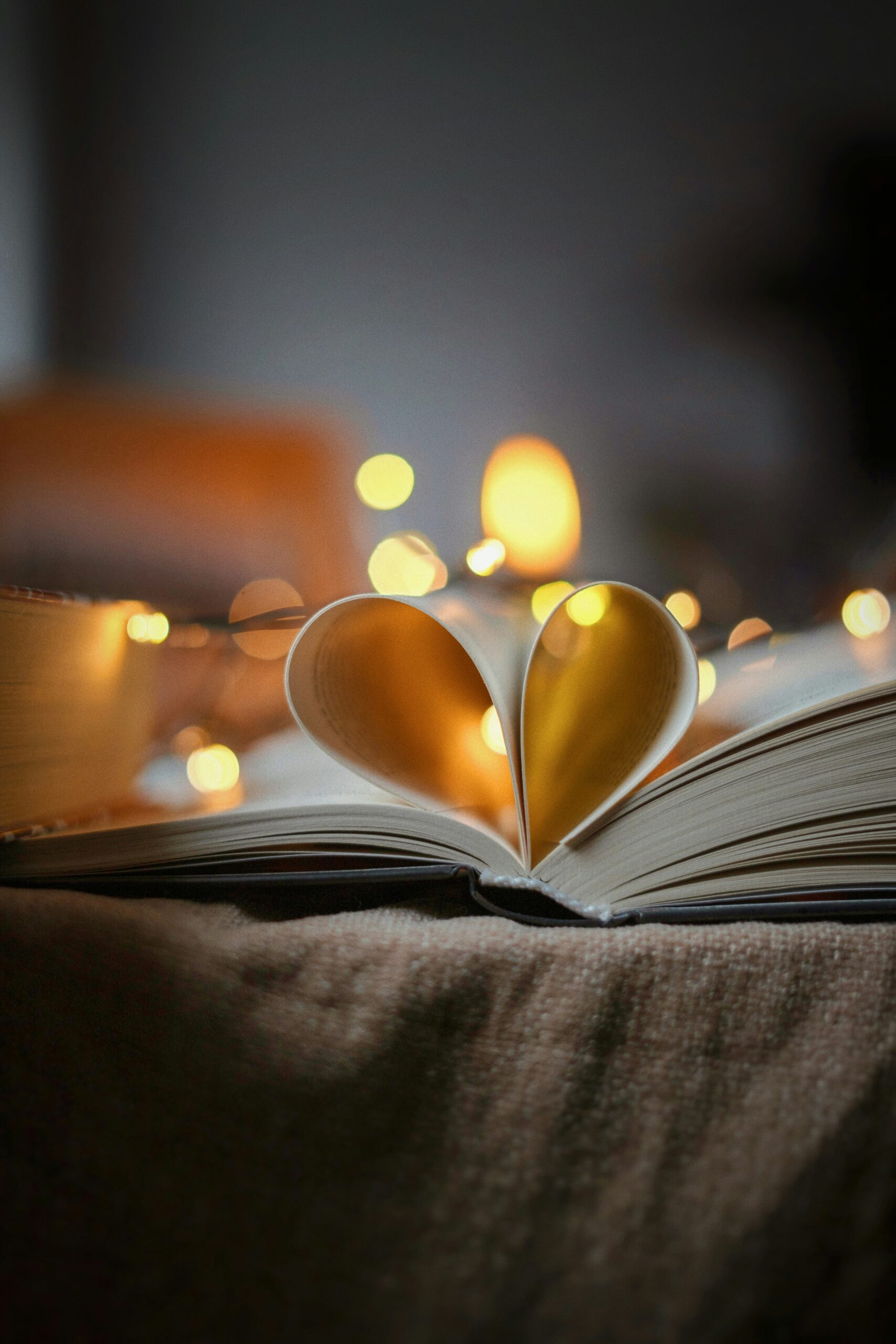
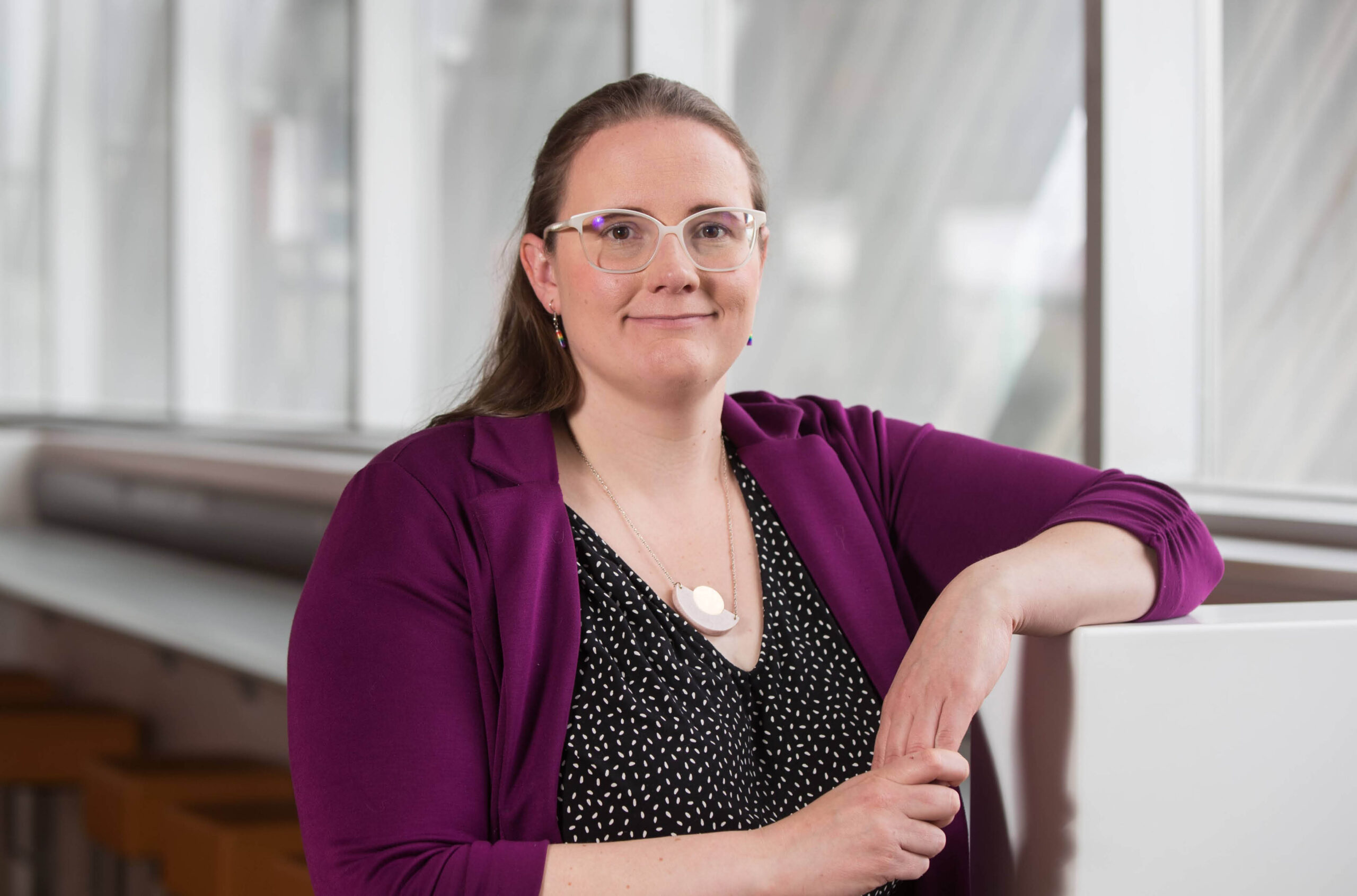

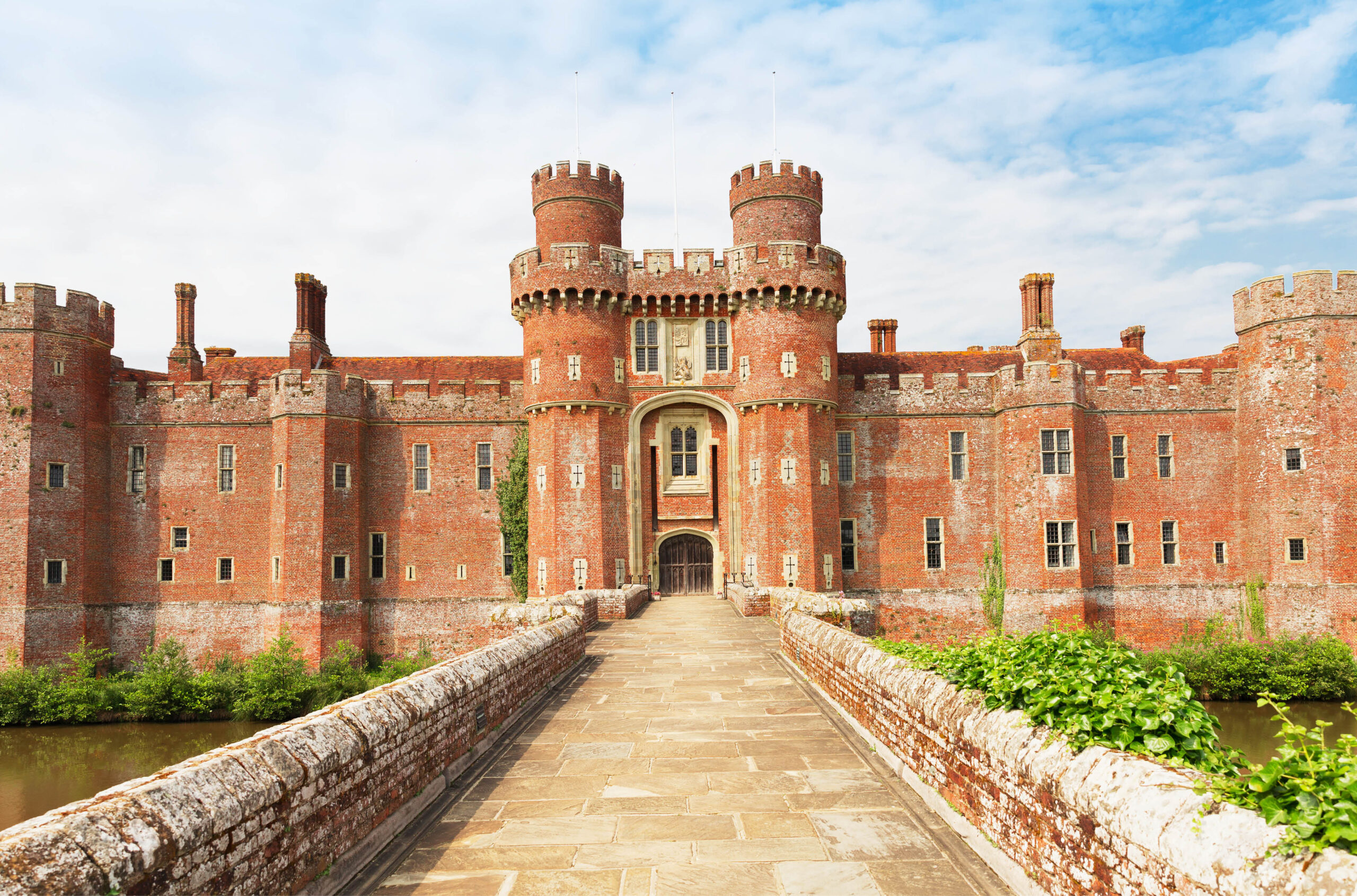

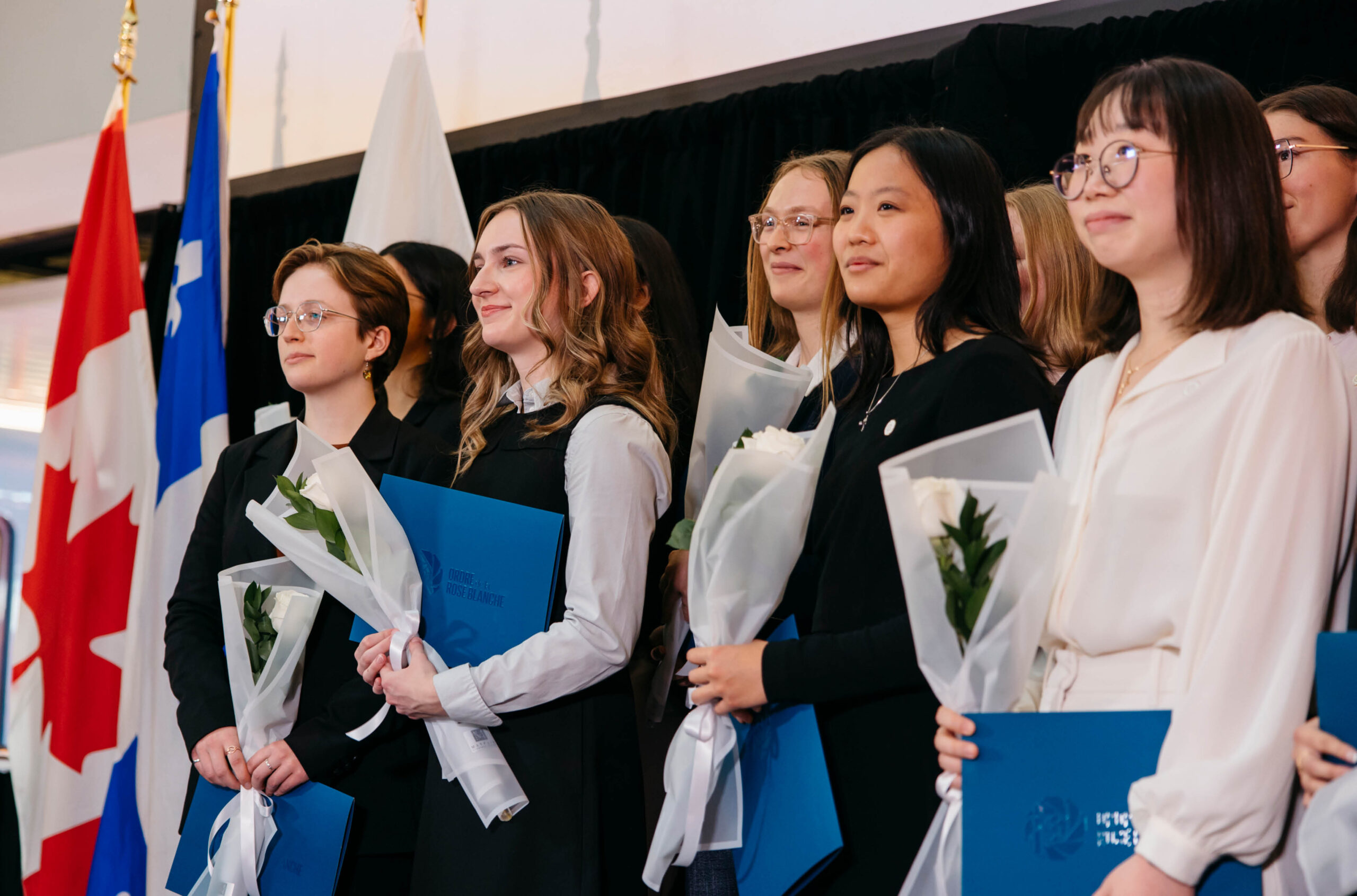
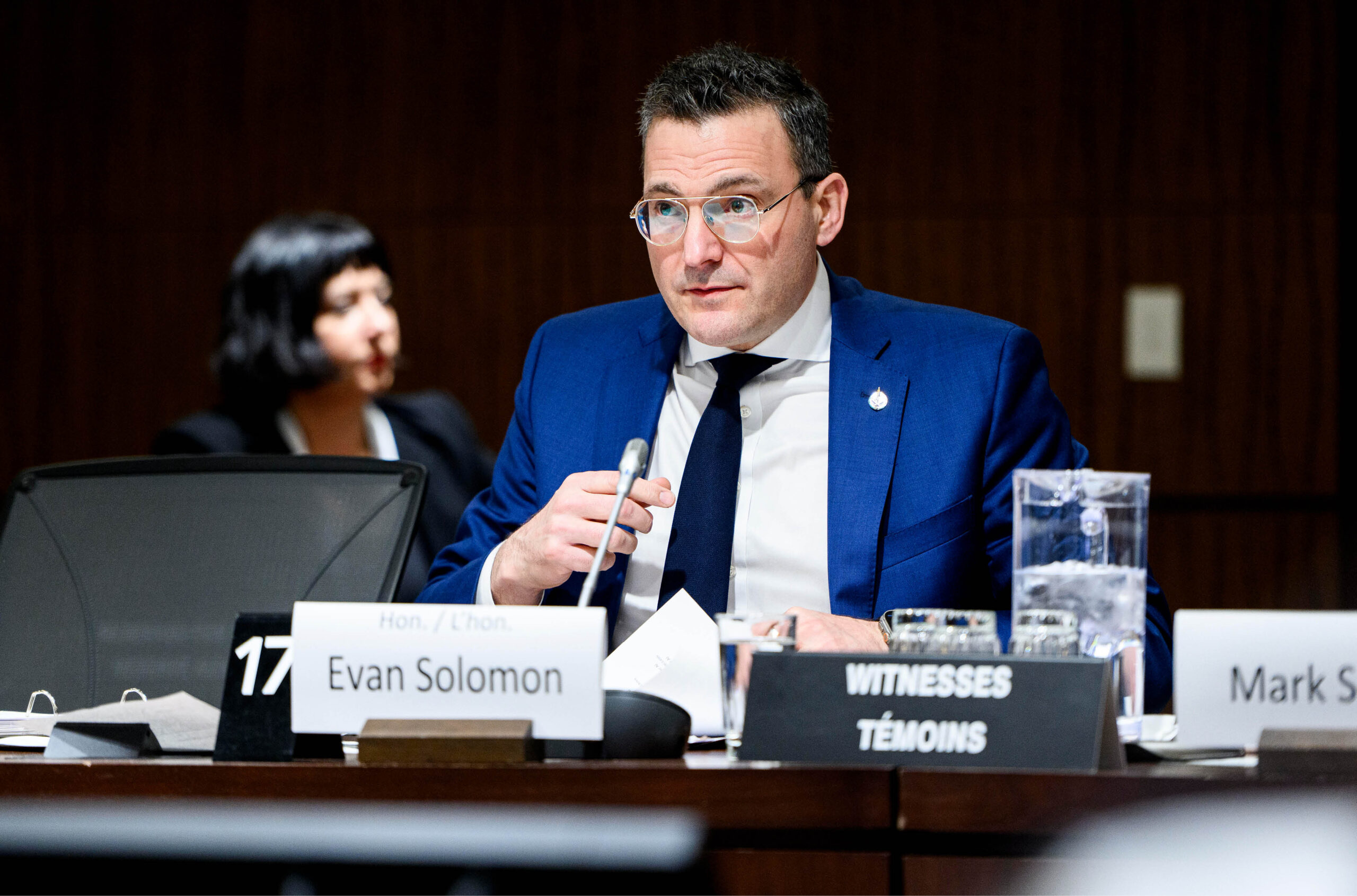
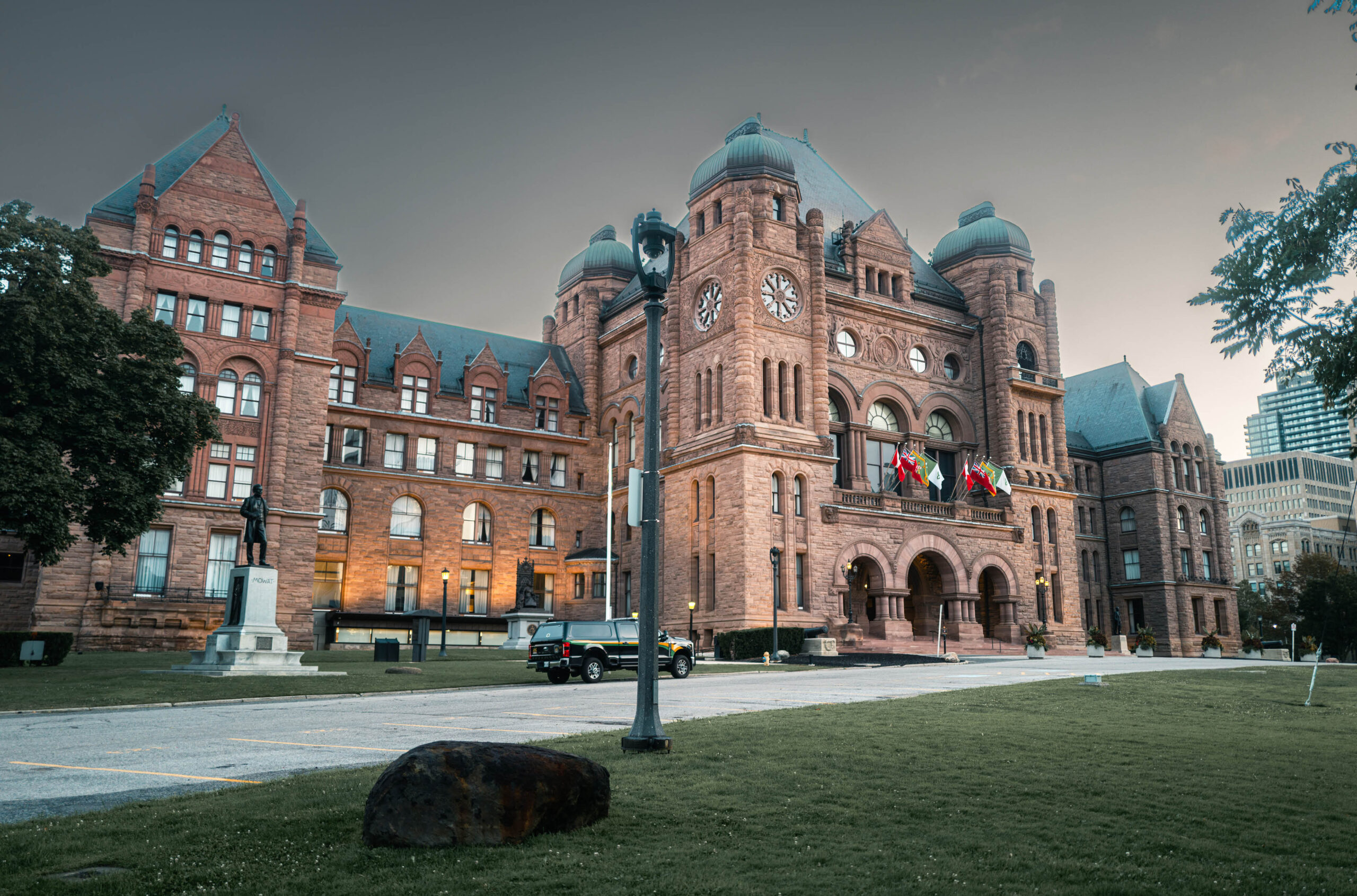
Post a comment
University Affairs moderates all comments according to the following guidelines. If approved, comments generally appear within one business day. We may republish particularly insightful remarks in our print edition or elsewhere.
2 Comments
And at UBC were able to have our Vancouver senate pass a resolution ending academic relations with Russia. https://charlesmenzies.blogspot.com/2022/03/taking-action-on-russias-invasion-of.html
“Maria Popova, a political science professor at McGill University, said the war has prompted “a deep debate” about course and research content, structure and titles that imply support for Russian imperialism or portrayal of Ukraine as inferior. “A lot of people working on Russia, Russian politics, literature, history, have not looked into Russian imperialism very much and have indeed perpetuated Russian imperialist positions in this field,” she said. “There has to be a decolonization of the field and that’s one of the things we’ll be dealing with.”
Maybe so. But I would recommend to Popova that she also look into the growing influence of neo-fascist forces on Ukrainian government and society. However, the war ends, they will emerged strengthened – and they already dominate the regime. Would be a shame to “decolonize” the field only to whitewash this very alarming phenomenon in Ukraine.